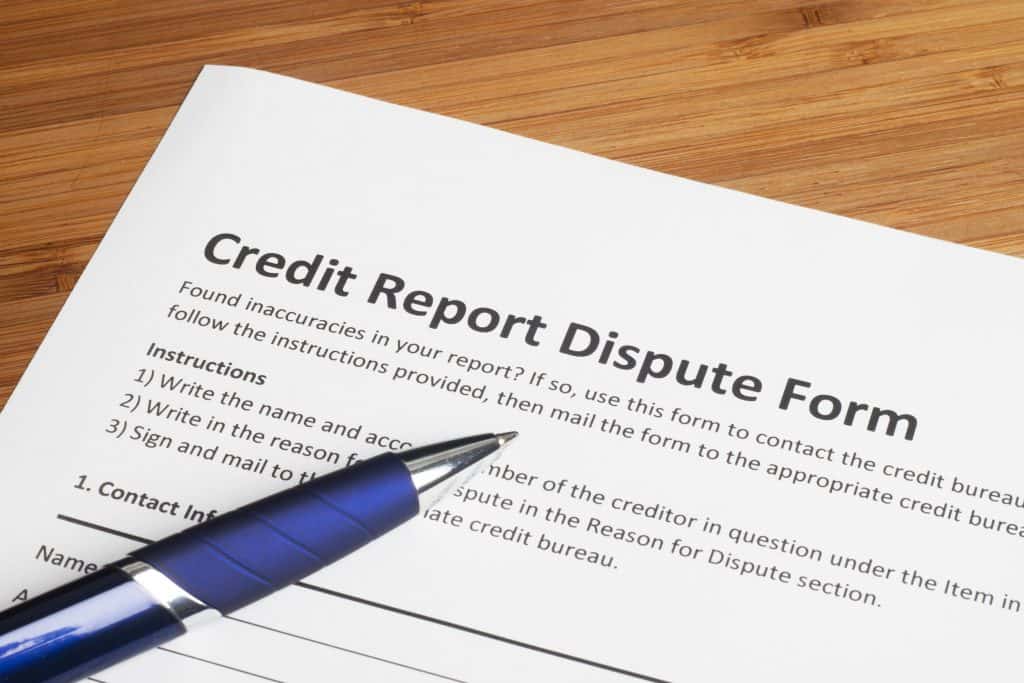Your credit profile is composed of both your credit report and your credit score. Lenders analyze your credit profile to determine your creditworthiness and to decide whether or not to lend money or extend a credit line to you. Your credit profile also helps determine what type of rates and terms you’ll receive if you are approved by a lender.
There are a variety of things that can impact your score in a negative way, including late payments, too many open lines of credit, and collection accounts. Of all these, collections can damage your credit score more than almost anything else. They are also very hard to remove from your report. In some cases, collections can appear on your report for up to seven years. Whether you’re trying to avoid collections or you’re currently trying to get one or more off your credit profile, here’s an in-depth guide explaining everything you should know.
How To Identify Collections on Your Credit Report
Before you can repair your credit report, you need to know what negative items are on it. Fortunately, every person with a credit history can request a free credit report from each of the three main credit bureaus (Equifax, TransUnion and Experian) once per year, thanks to federal law.
Each bureau should have the same basic information, but due to minor differences in reporting and scoring, your credit scores may look slightly different between the three. Additionally, reporting times are slightly different between the bureaus, so a recent collection may not show up on all three at the same time.
It’s easy to spot a collection account on your credit report. It will be clearly labeled and will indicate where the debt was transferred. In most cases, it will also show where the debt originated. Sometimes, however, a collection account will not be associated with a previous debt. If that happens, it could be due to an old, unpaid library fee or traffic ticket. These types of collections often surprise unwitting debtors who completely forgot about the original amount owed (or didn’t even know about it in some cases).
How Collections Affect Your Score
A good credit score can quickly plummet with the appearance of one or more collection accounts. However, if you have low collection account balances, your score may be minimally impacted if lenders use VantageScore and/or FICO 9 credit scoring models to determine your creditworthiness. Lenders that use credit scoring models older than FICO 8 will likely see that your score is highly damaged, even if your collections balances are low.
Possibility of Duplicate Collections
If you examine your report and notice that the same collection is listed twice, there are two potential solutions: the debt has been sold to another collection agency and is now reporting under both the old and new collection agencies, or both the original creditor and the hired collection agency are reporting the same debt to your credit report. Although it can be alarming to see the same debt reported twice, it is usually not a cause for concern. The original account on which you owed the balance should appear as closed or transferred on your credit report.
If both balances are reported as open collections, then you have a problem. This type of error is called a “double jeopardy” in the credit world and can destroy your credit score. You will most likely need to dispute the error with the various credit bureaus in an attempt to repair your score.
Options for Removing Collections From Your Report
There are several different ways to possibly remove collections from your report. The method you choose depends on your individual situation.
- Dispute inaccurate collection accounts
- Request that accounts older than 7 years be removed
- Pay the collection account off
If your credit report is damaged by one or more collections accounts, the best way to improve your score is to focus on building your credit back up again. You can do this by consistently making payments on time, ensuring that your debt utilization ratio is kept within the ideal percentage, and potentially taking advantage of a tradeline to become an authorized user on someone else’s credit card. This is a great way to quickly improve your score.
Learn More About Tradelines
Want to learn more about tradelines and how they can benefit you? Contact Coast Tradelines today and we’ll explain how the process works.


